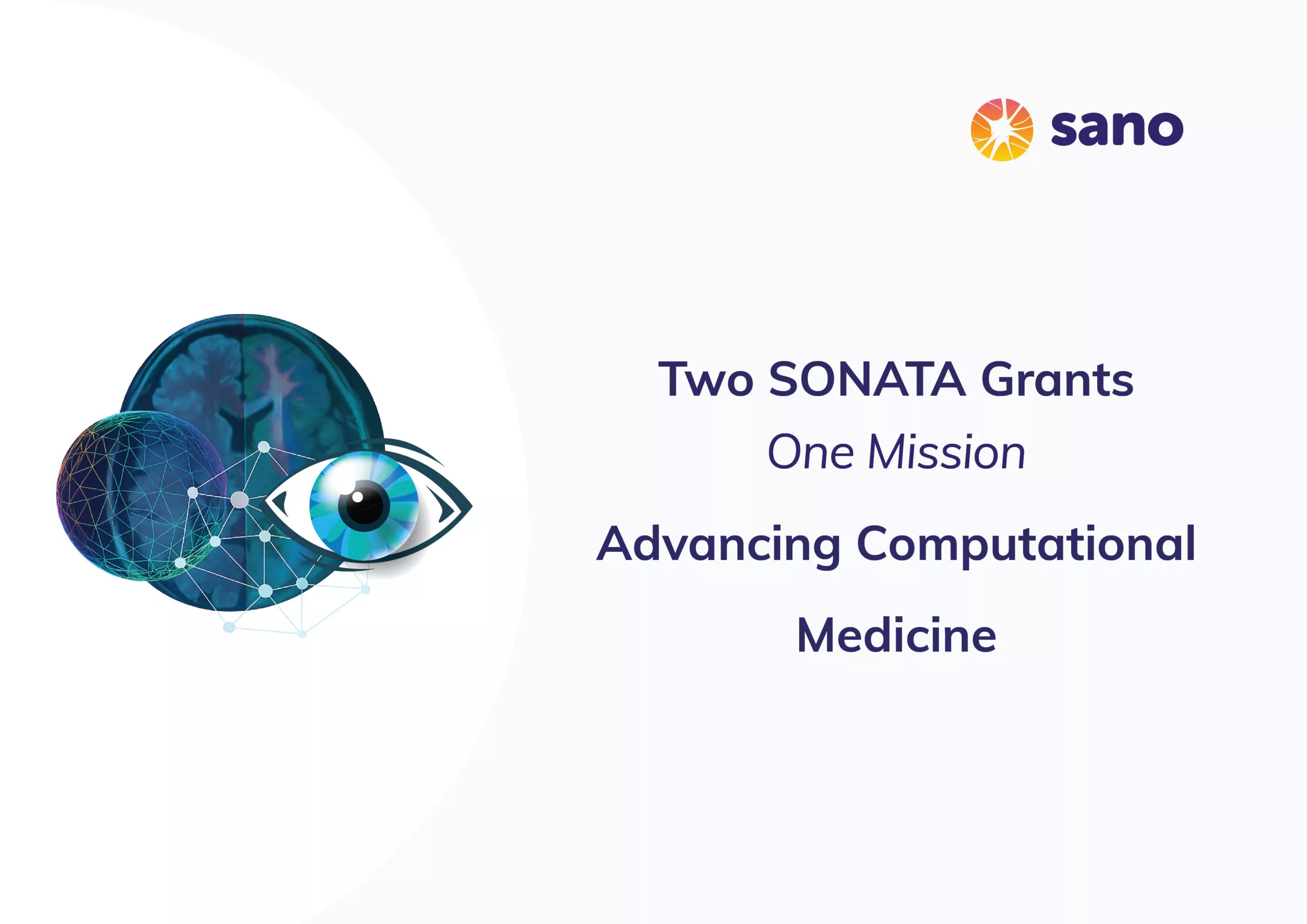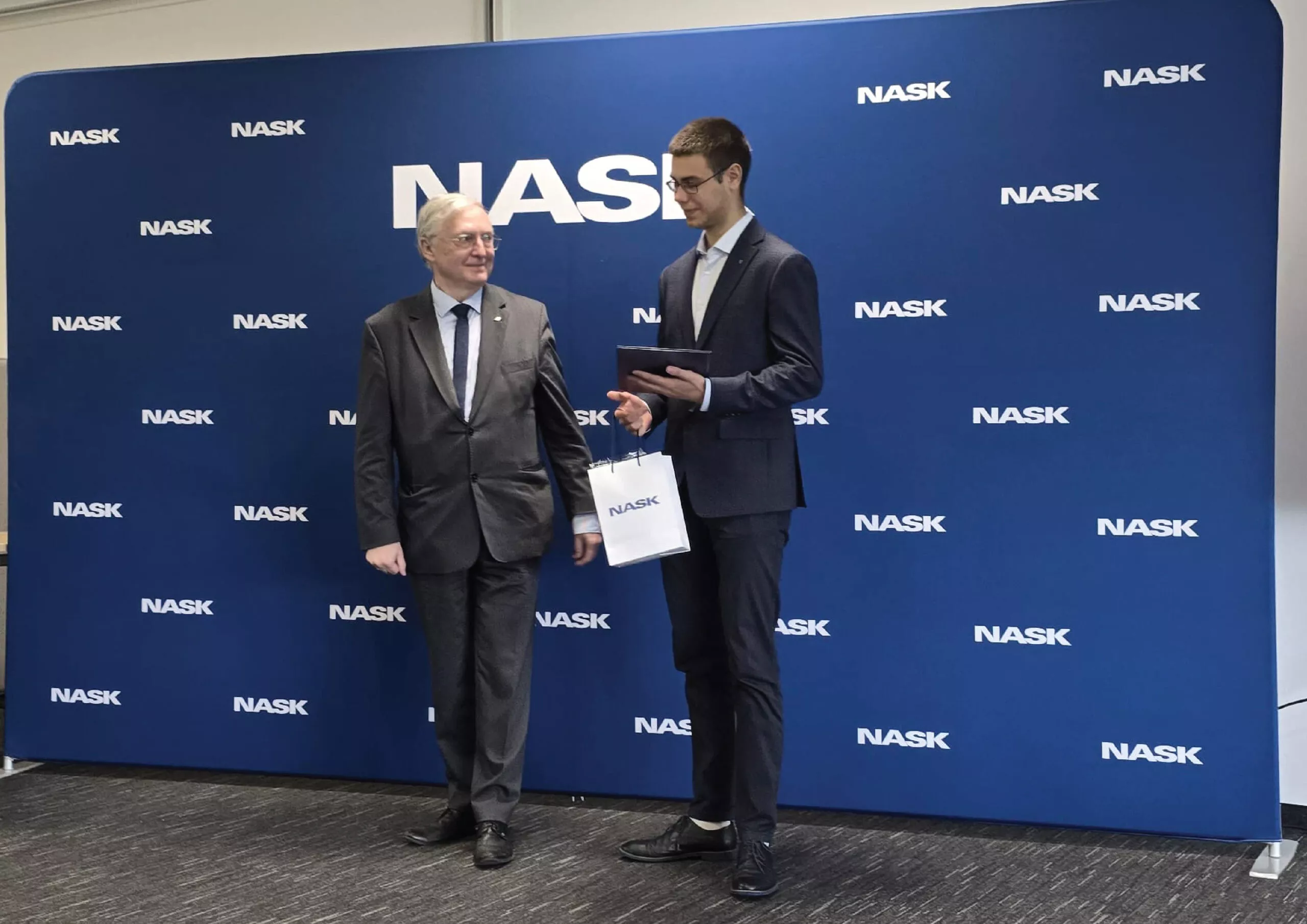
Sano’s publication accepted for IROS 2022 in Japan
It is our pleasure to inform you that paper written by Przemysław Korzeniowski, Arkadiusz Sitek, Szymon Płotka (all from Sano), and Robert Brawura Biskupski Samaha entitled “Virtual Reality Simulator for Fetoscopic Spina Bifida Repair Surgery” has been accepted for publication in the Proceedings of the 2022 IEEE/RSJ International Conference on Intelligent Robots and Systems (IROS 2022), Kyoto, Japan. The IEEE/RSJ IROS is a top-tier conference (A rank) in Robotics.
Spina Bifida (SB) is a birth defect developed during the early stage of pregnancy in which there is incomplete closing of the spine around the spinal cord. The growing interest in fetoscopic Spina Bifida repair, which is performed in fetuses who are still in the pregnant uterus, prompts the need for appropriate training. The learning curve for such procedures is steep and requires excellent procedural skills. Computer-based virtual reality (VR) simulation systems offer a safe, cost-effective, and configurable training environment free from ethical and patient safety issues. However, to the best of our knowledge, there are currently no commercial or experimental VR training simulation systems available for fetoscopic SB-repair procedures.
In this paper, researchers propose a novel VR simulator for core manual skills training for SB-repair. An initial simulation realism validation study was carried out by obtaining subjective feedback (face and content validity) from 14 clinicians. The overall simulation realism was on average marked 4.07 on a 5-point Likert scale (1 – ‘very unrealistic’, 5 – ‘very realistic’). Its usefulness as a training tool for SB-repair as well as in learning fundamental laparoscopic skills was marked 4.63 and 4.80, respectively. These results indicate that VR simulation of fetoscopic procedures may contribute to surgical training without putting fetuses and their mothers at risk. It could also facilitate wider adaptation of fetoscopic procedures in place of much more invasive open fetal surgeries.




